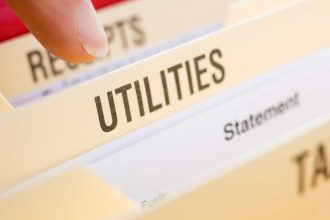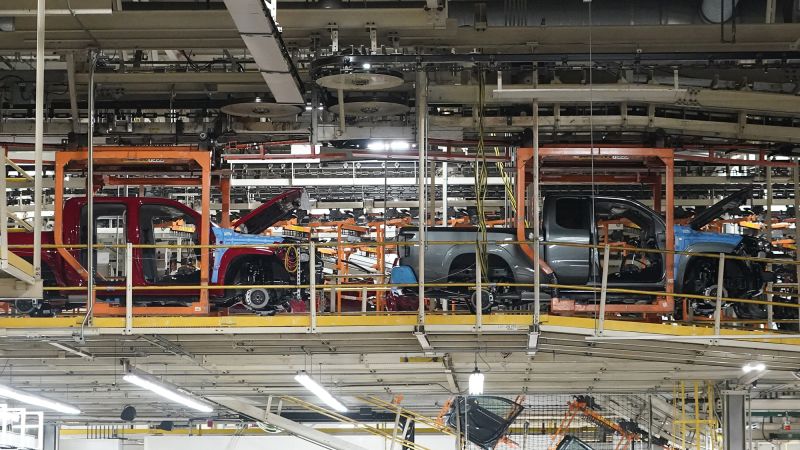Nissan is postponing a push to build new electric vehicles at its Canton, Mississippi, factory as sales of EVs are now growing more slowly than many industry experts had expected.
EV sales in the US grew 2.6 % in the first quarter of 2024 compared to the same period in 2023, according to Kelley Blue Book. First quarter EV sales last year had outpaced 2022’s by a stunning 46.4%.
Many in the industry had expected interest in EVs to accelerate, not slow down. But consumers are concerned about the high prices of EVs and worried about being able to charge them easily, according to the consumer survey company JD Power. These concerns have led to recent drops in customer consideration of EVs.
Currently, Nissan sells two EV models in the US, the Leaf compact hatchback and the Ariya SUV, but had announced plans to build five new EV models in Canton including two originally scheduled for production in 2025. The new models were set to include both Nissan and Infiniti vehicles. Infiniti is Nissan’s luxury brand. Nissan is delaying plans to actually begin producing the vehicles in Mississippi.
“We are adjusting the timeline for the introduction of these five new models to ensure we bring the vehicles to the market at the right time, prioritizing in line with customer demand and maximizing the opportunity for our brands and supplier partners,” Nissan said in a statement emailed to CNN.
These latest delays were previously reported by the industry newspaper Automotive News.
Nissan still plans to offer a total of 19 EV models globally by 2030, a spokesperson said.
Nissan previously announced it would invest $500 million in the factory to prepare it build the new electric vehicles. The factory in Canton currently employs roughly 5,000 workers and makes the Nissan Altima sedan Frontier, Titan, and Titan XD pickups.
Other automakers have also made moves to slow production of new EVs and EV batteries citing concerns about slowing consumer adoption. Last year, GM slowed down a planned ramp up in production of its Silverado EV pickup. Ford also reduced the planned size of a factory it’s building to make EV batteries.
Read the full article here





